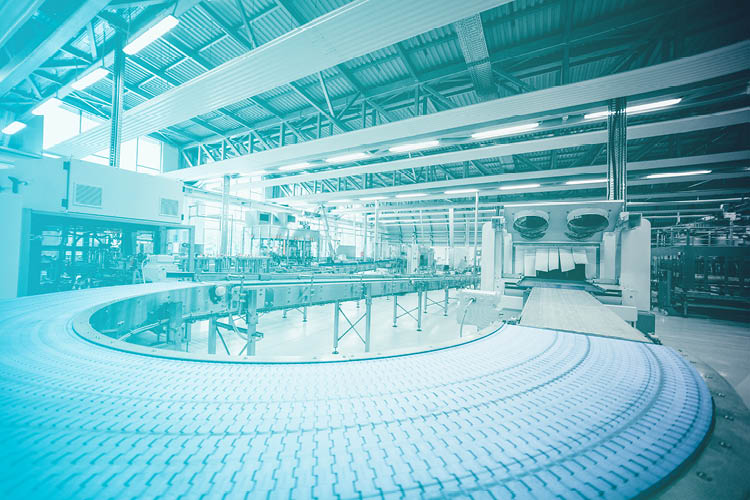Modern industrial systems are considerably more complex than in years past. Today, machines are connected to one another and linked to large infrastructures. Companies are thus able to adapt their production processes to changing requirements in real-time, which improves efficiency.
Real-time data can be used to optimize the logistics systems and simplify collaboration with customers and suppliers. Using previously-collected and current data, algorithms calculate the ideal supply routes and optimize warehouse inventories, thus leading to the ideal flow of goods. Suitable interfaces enable simple collaboration with suppliers, logistics companies, manufacturers and customers.
Flexible production approaches enable mass customization
Industry 4.0 also makes »mass customization« possible, which refers to the mass production of special or custom-tailored products. Small-series and one-off products can be manufactured more cost-effectively with modern industrial systems. This type of production, which offers major competitive advantages and provides consumers tailored products at mass merchandise prices, can be deployed in a wide range of different industries. Examples include the automobile, food and textile industries.
Servitization
One trend that Industry 4.0 enables is servitization, which refers to a new business model in which the product, a robot or machine component for example, remains the property of the manufacturer, who assumes responsibility for the service and maintenance. Utilization of the product thus becomes a service, which the customer makes use of in a flexible manner. If the machine becomes idle because of a malfunction, the customer is not required to pay. This results in new demands on the serviceability and quality assurance of the machines.
Cloud controls
Cloud controls simplify data capture and data analysis. This allows service & asset management or maintenance to be carried out simultaneously on many machines at different locations. Cloud controls can also be used to set up cooperative and safety- or time-critical functions if the machine itself has limited resources. Even IP-protected code can be outsourced to the cloud instead of running in the machine.
In the future, the advantages of servitization and cloud controls can be combined in pay-per-use models, where cloud-based functions are activated, billed or even blocked down to the precise minute.
 Fraunhofer Institute for Cognitive Systems IKS
Fraunhofer Institute for Cognitive Systems IKS
